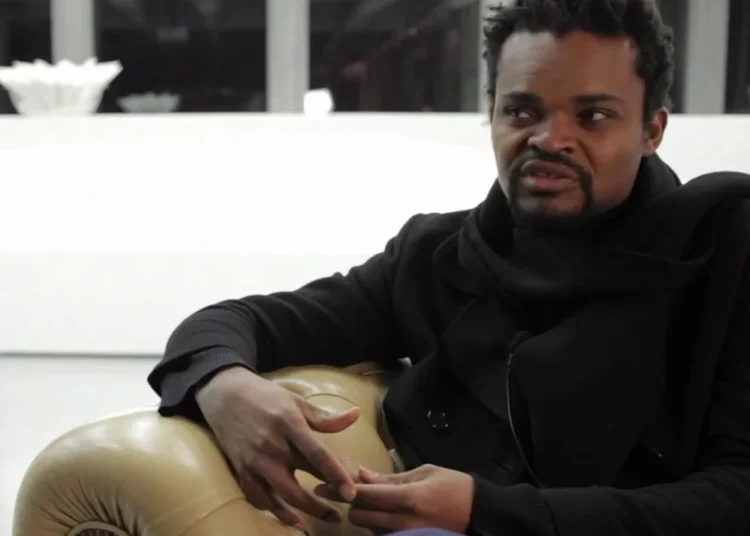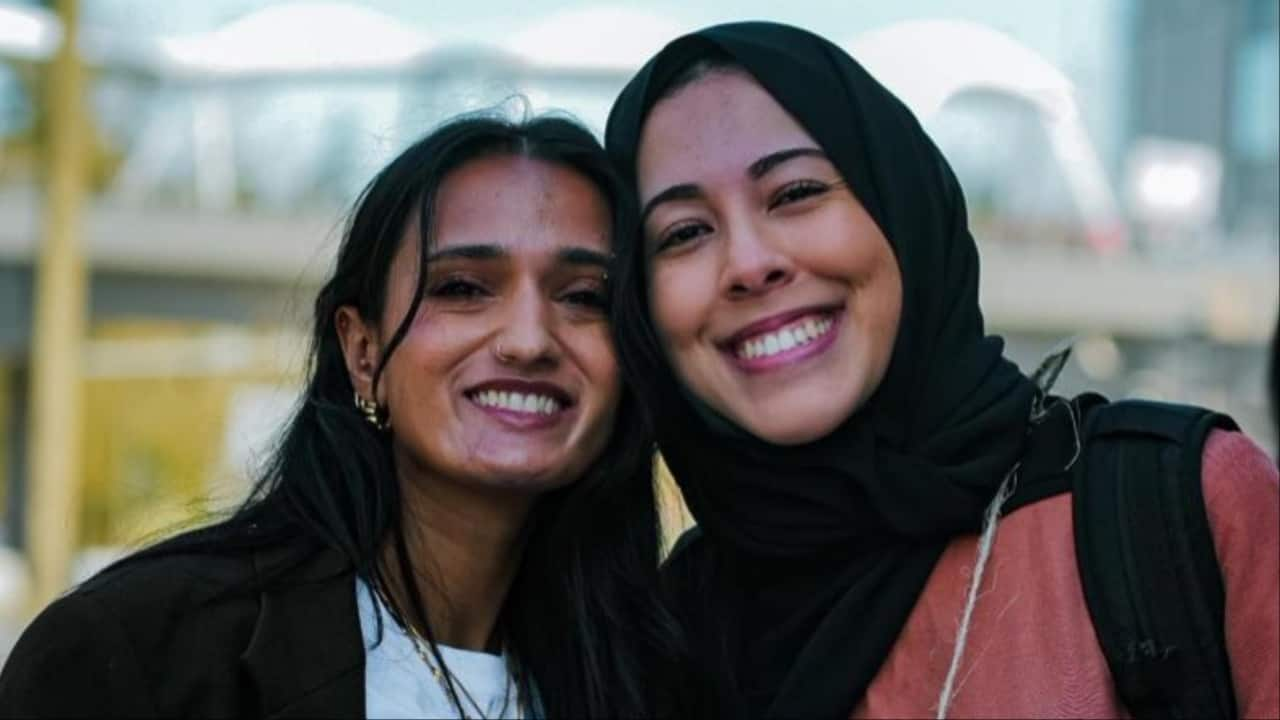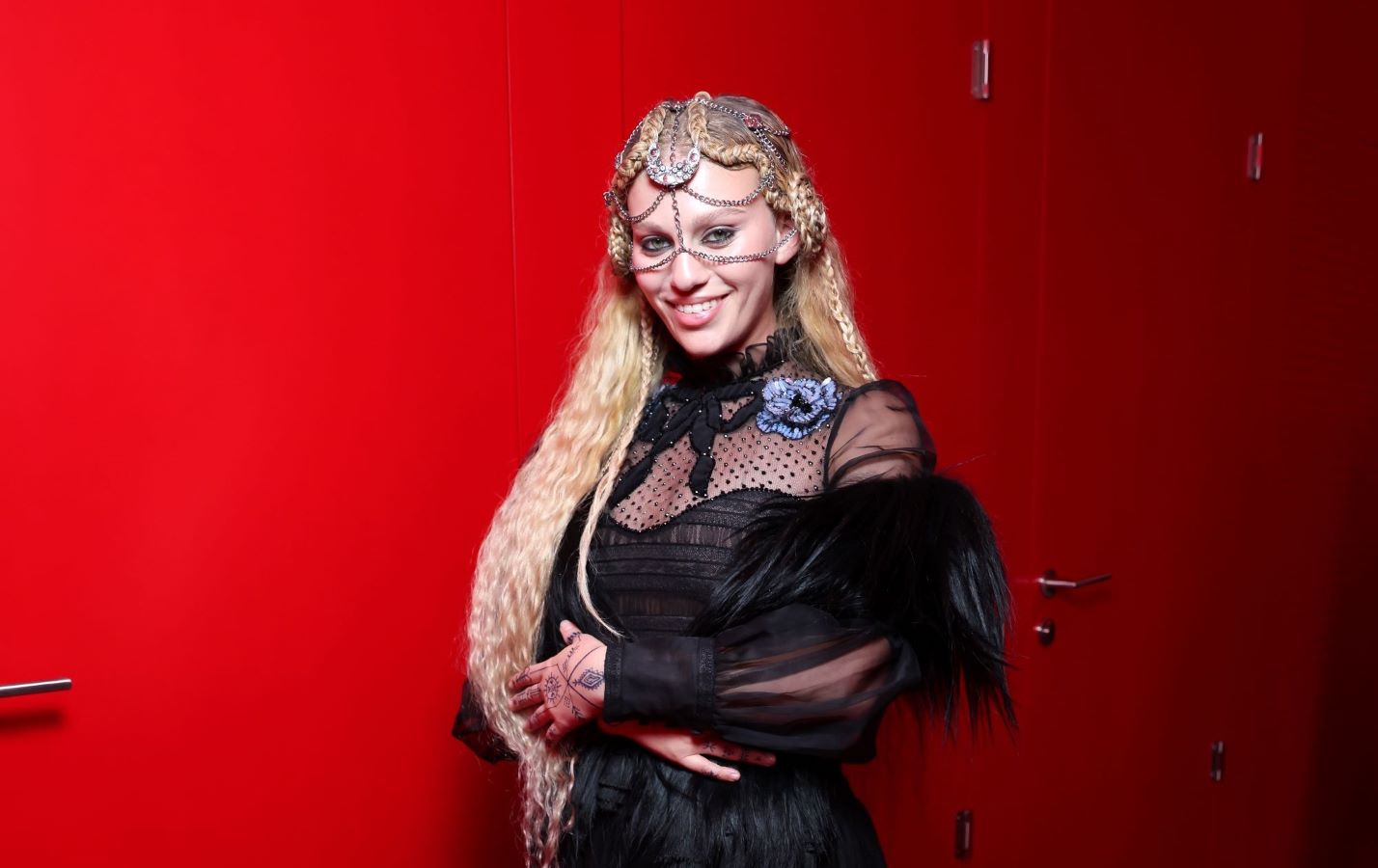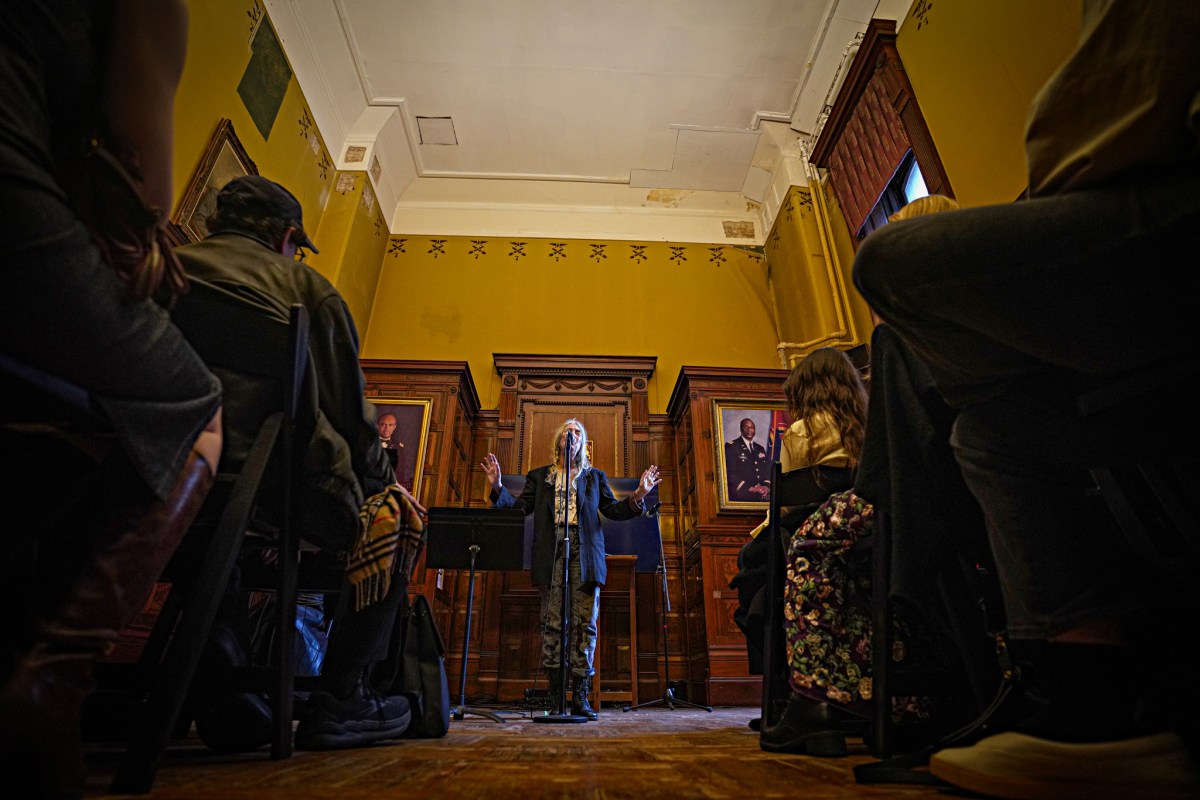Nigerian filmmaker and creative director, Andy Amadi Okoroafor, has stated that African stories struggle with authenticity because Africans fail to design their own future. Speaking at the iREP International Documentary Film Festival, Okoroafor attributed this challenge to several factors, including the continent’s over-reliance on film funding from foreign countries, the neo-colonial influence of American cinema aesthetics on the African film industry—particularly in Nigeria—and the lack of time and research dedicated to creating impactful films. Okoroafor emphasided that designing one’s future, whether in cinema, visual arts, or national imagery, allows countries to create value for their culture and preserve authenticity.
To illustrate what a designed future looks like in the film industry, Okoroafor pointed to films like Relentless, which captured the essence of Lagos, and filmmaker Tunde Kelani, whose body of work embodies Nigeria’s history. He noted that Kelani’s approach showed him that “one can make Yoruba films that aren’t necessarily Yoruba films, but rather Kelani films.” “Designing is like creating a painting,” Okoroafor explained.

“If you have a design for something, you can master it. That’s what’s missing in Africa—we don’t design our future, our art, or our imagery, like deciding what Nigerian film aesthetics should look like.” Okoroafor argued that designing the future becomes more challenging when Africans are “overtly chasing money” for projects from external sources.
It becomes easier when Africans fund their own future, like China did. “Chinese art became the second most influential art in the world because Chinese people started collecting Chinese art,” he added. It also doesn’t help that African creators are under a new form of colonialism, neo-colonialism resulting from being colonized by American cinema, which Okoroafor said are overall emotional.
Okoroafor who studied masters of French and Japanese cinemas, of vastly different aesthetics than their American film, noted that while there is nothing wrote with emotional films, it is just not the quality of work he strives for. “I don’t manipulate the viewer to cry at certain points in a film. The emotion has to come from the viewer.
I like to present people, then viewers can look for the empathy and humanity in them.” Okoroafor wrapped-up production of his latest project, a documentary film on Nigeria’s globally acclaimed architecture, Demas Nwoko, co-produced with Ese Brume. We’ve got the edge.
Get real-time reports, breaking scoops, and exclusive angles delivered straight to your phone. Don’t settle for stale news. Join LEADERSHIP NEWS on WhatsApp for 24/7 updates →.
Entertainment

‘African Stories Struggle With Authenticity, Lack Future Design’

Nigerian filmmaker and creative director, Andy Amadi Okoroafor, has stated that African stories struggle with authenticity because Africans fail to design their own future. Speaking at the iREP International Documentary Film Festival, Okoroafor attributed this challenge to several factors, including the continent’s over-reliance on film funding from foreign countries, the neo-colonial influence of American cinema [...]















